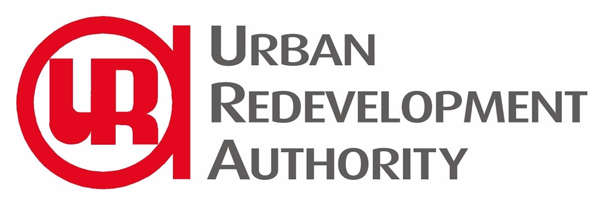
CONSULTATION EXERCISE ON PROPOSED REGULATORY FRAMEWORK
FOR THE USE OF PRIVATE RESIDENTIAL PROPERTIES AS SHORT-TERM ACCOMMODATION
Context
1. The Singapore we enjoy today is largely the result of careful long-term urban planning. Every plot of land in Singapore is zoned for a particular use, be it residential, commercial or hotel, and these uses are made known far in advance as part of our Concept and Master plans.
2. Private residential properties in Singapore are subject to a minimum stay duration of 3 consecutive months. This differentiates residential properties from hotels. This distinction is necessary, given the impact of transient occupants on other residents and the potential impact on safety and security in the estate.
3. Within the residential zoning, we presently allow for Serviced Apartments (SAs), subject to certain safeguards. For example, SAs are allowed only in areas where infrastructure is able to accommodate the higher number of transient users, and where there is lower likelihood of dis-amenities to the residential neighbours. In addition, there is a minimum of 7 days for the duration of stay in a Serviced Apartment.
4. While this planning framework has served us well, advances in technology and changing consumer trends have led to a blurring of lines between residential and hotel uses. Facilitated by online platforms and mobile applications, there has been a surge of short-term accommodation (STA) options in residential properties all over the world. While this started off largely as an unregulated activity, the situation has evolved in recent years, due to concerns over abuses and the impact on housing affordability. Some cities like Berlin and New York City have clamped down aggressively on STA in residential properties, while others like Tokyo have allowed some form of STA activities, with regulations imposed on the activities and the parties involved.
6. The Government has been studying the possibility of introducing a regulatory framework for STA in private residential properties, with appropriate measures to address the concerns of residents and industry stakeholders. The detailed proposals are set out in the following sections.
URA has worked with relevant agencies to develop a framework to regulate the use of private residential properties for short-term accommodation. The Public Consultation Paper is available at https://ura.sg/sta.